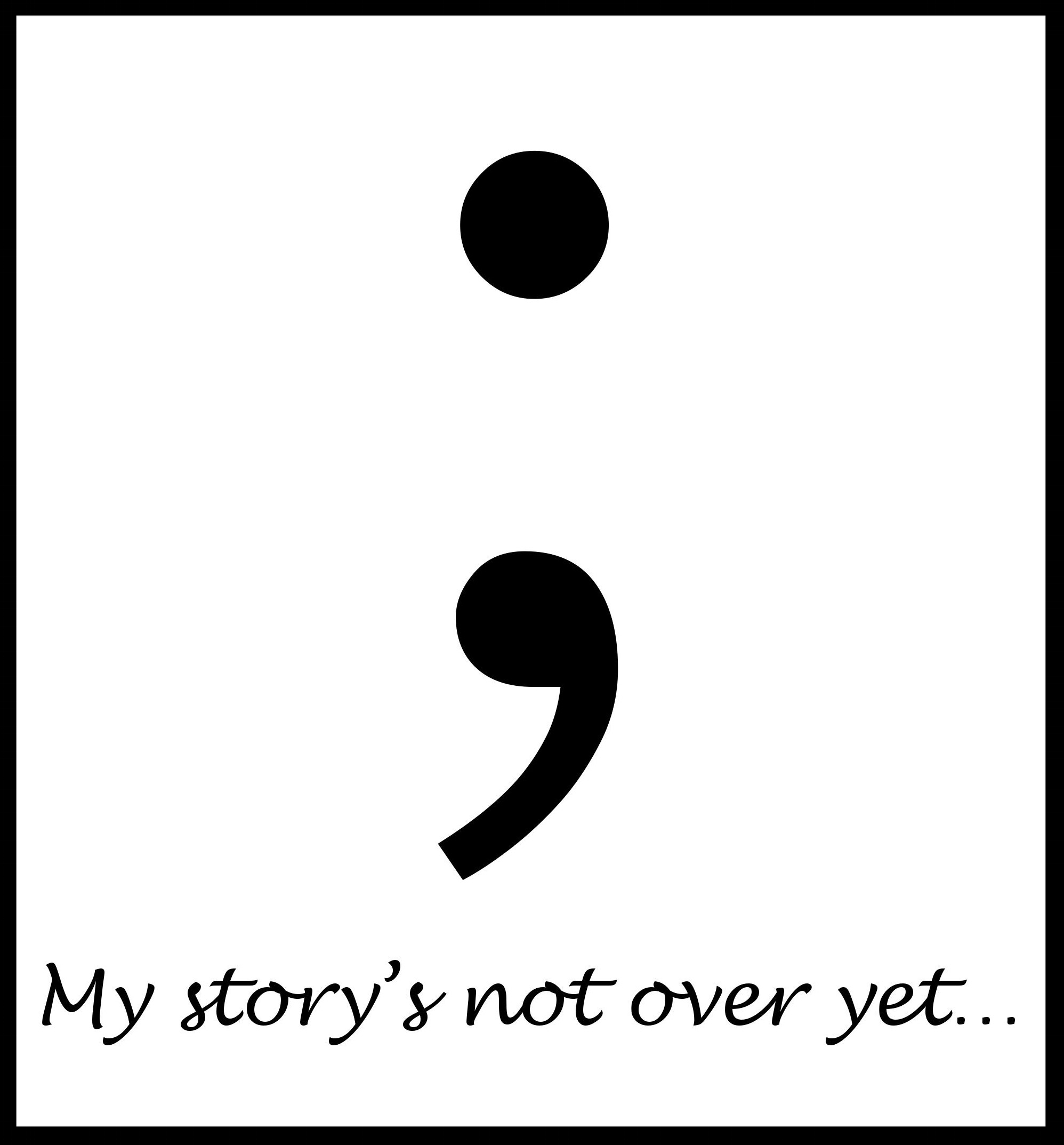‘i before e, except after c.’ You probably learnt this rule at primary school. But I’m sorry to tell you, it’s complete and utter rubbish. In fact, according to this tweet (thanks to my friend Sophie for sending this to me), there are 44 words in English that follow this rule, and 923 that don’t. Yep, 923. In percentage terms, that means it only applies 4.5501 per cent of the time (I think – if you’re the kind of person who insists on proper maths, have a look at this article by a statistician who actually did the sums. There’s graphs!).
You can find the ‘i before e, except after c’ mnemonic (I love the word ‘mnemonic’) in text books as far back as the 1860s, and similar ones even earlier.
Truth or lie?
First up, let’s look at when it is true. The word that immediately springs to mind is ‘receive’. Second one: ‘ceiling’. Racking my brains a bit more (and definitely not cheating and looking on the web)... ‘deceit’. So far, so true. But what about ‘science’? And ‘species’? Or ‘sufficient’?
So why has the English language been lying to us for so long? IS NOTHING SACRED?
‘Though this be madness, yet there is method in't’
Thankfully, it turns out there is some logic to the exceptions to the rule. When you look at a list of them closely you realise that (a) you need to get out more, and (b), what the rhyme doesn’t say is that it only applies to words with a ‘c’ and an ee sound. So that’s why it doesn’t work for ‘science’ or the other ones mentioned above. In fact, it doesn’t apply to any word without the ee sound, even when ‘c’ isn’t involved. Think ‘foreign’, ‘weight’, ‘vein’, and so on.
But, did you know, THERE’S A SECOND PART TO THE RHYME?! (If you did, you’re better informed than I am.) I feel like this needs a fanfare or at least a drum roll. Take a deep breath and brace yourself. Ready? Here it is...
‘i before e,
Except after c,
Or when sounded as “a”,
As in neighbour and weigh.’
Whoah, right? Okay, so it still doesn’t include the whole long ee thing, but apparently you can find this in some early British (of course) iterations. Sadly, I haven’t been able to locate the actual wording anywhere (if anyone reading this is a poet, feel free to come up with something).
The final verdict
So, where does this leave us? I can’t help thinking that whoever came up with our mnemonic (mmmm) was so wedded to making it rhyme, that they forgot to make it clear. But in the grand scheme of lies, it’s more along the lines of ‘Of course there’s a Father Christmas, darling,’ than ‘I did not have sexual relations with that woman’. Although it might not be technically true, it’s still a generally useful rule of thumb. Just don’t completely rely on it. And if you’re not sure, maybe chuck in a quick spell check as well.






